Alberta
The King’s University receives $20-million donation for new state-of-the-art Science Centre
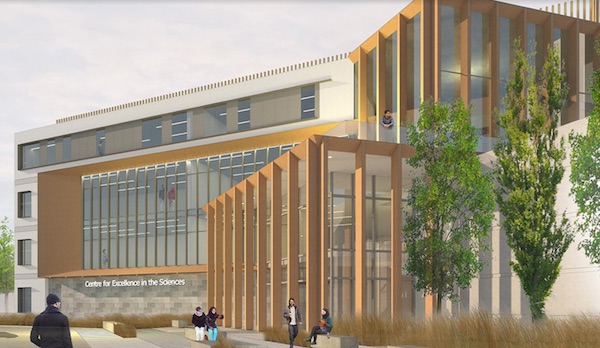
Construction of a new 40,000 square foot Centre for Excellence in the Sciences at The King’s University will move forward thanks to a gift of $20-million from an anonymous donor. The landmark donation, the largest gift in King’s 42-year history, allows the institution to build on its strong academic reputation in the natural, health and social sciences.

The Centre will include beautiful common spaces, purpose-built teaching facilities, leading technology and laboratories that enable the university to further place student research at the heart of its academic programming.
“I have always been proud of our legacy of research and education,” King’s President Dr. Melanie Humphreys says. “It’s really quite impressive—especially for a university of our size. This incredible, humbling gift is going to propel these programs forward in a significant way and provide new opportunities to branch out into the health sciences.”
Student-faculty research teams at The King’s University are currently involved in projects such as antibiotic resistance, animal-assisted therapy in mental health, endangered trees in Canada’s mountains and foothills, and diseases that devastate honeybee populations. King’s Community Engaged Research program collaborates with local non-profits to help provide data-driven solutions for their organizations.
The Centre for Excellence in the Sciences will be a hub for sustainability research. With a newly granted Transitions to Sustainability Canada Research Chair, the Centre will enhance support and coordination for sustainability work happening across disciplines and at King’s Centre for Visualization in Science (KCVS).

KCVS alone has partnered with more than 40 organizations worldwide, such as UNESCO, and has contributed important resources to three United Nations International Years: Chemistry (2011), Periodic Table (2019), and the upcoming International Year of Basic Sciences for Sustainable Development (2022–23). Another KCVS resource contributed to the education and outreach work of the Organization for the Prohibition of Chemical Weapons, which won the Nobel Peace Prize in 2013.
“Building a more humane, just and sustainable world is right there in our vision statement,” says Dr. Peter Mahaffy, professor of chemistry and co-founder of KCVS. “These words continue to move off the page of aspirational statements to shape and ground what happens here each day.”

ABOUT KING’S
The King’s University has been building a more humane, just and sustainable world for more than 40 years. King’s offers fully accredited programs in the humanities, sciences, business, and education, and ranks at the top of national surveys for quality of teaching, sense of belonging, and intellectual engagement. Award-winning faculty mentor students in their studies and publish leading research in their fields. As Edmonton’s Christian University, King’s empowers graduates to bring renewal to every walk of life.
Alberta
Alberta mother accuses health agency of trying to vaccinate son against her wishes
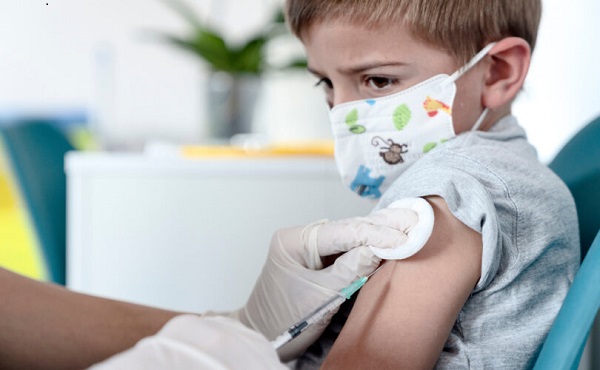
From LifeSiteNews
Alberta Health Services has been accused of attempting to vaccinate a child in school against his parent’s wishes.
On November 6, Alberta Health Services staffers visited Edmonton Hardisty School where they reportedly attempted to vaccinate a grade 6 student despite his parents signing a form stating that they did not wish for him to receive the vaccines.
“It is clear they do not prioritize parental rights, and in not doing so, they traumatize students,” the boy’s mother Kerri Findling told the Counter Signal.
During the school visit, AHS planned to vaccinate sixth graders with the HPV and hepatitis B vaccines. Notably, both HPV and hepatitis B are vaccines given to prevent diseases normally transmitted sexually.
Among the chief concerns about the HPV vaccine has been the high number of adverse reactions reported after taking it, including a case where a 16 year-old Australian girl was made infertile due to the vaccine.
Additionally, in 2008, the U.S. Food and Drug Administration received reports of 28 deaths associated with the HPV vaccine. Among the 6,723 adverse reactions reported that year, 142 were deemed life-threatening and 1,061 were considered serious.
Children whose parents had written “refused” on their forms were supposed to return to the classroom when the rest of the class was called into the vaccination area.
However, in this case, Findling alleged that AHS staffers told her son to proceed to the vaccination area, despite seeing that she had written “refused” on his form.
When the boy asked if he could return to the classroom, as he was certain his parents did not intend for him to receive the shots, the staff reportedly said “no.” However, he chose to return to the classroom anyway.
Shortly after, he was called into the office and taken back to the vaccination area. Findling said that her son then left the school building and braved the sub-zero temperatures to call his parents.
Following his parents’ arrival at the school, AHS claimed the incident was a misunderstanding due to a “new hire,” attesting that the mistake would have been caught before their son was vaccinated.
“If a student leaves the vaccination center without receiving the vaccine, it should be up to the parents to get the vaccine at a different time, if they so desire, not the school to enforce vaccination on behalf of AHS,” Findling declared.
Findling’s story comes just a few months after Alberta Premier Danielle Smith promised a new Bill of Rights affirming “God-given” parental authority over children.
A draft version of a forthcoming Alberta Bill of Rights provided to LifeSiteNews includes a provision beefing up parental rights, declaring the “freedom of parents to make informed decisions concerning the health, education, welfare and upbringing of their children.”
Alberta
Alberta’s fiscal update projects budget surplus, but fiscal fortunes could quickly turn
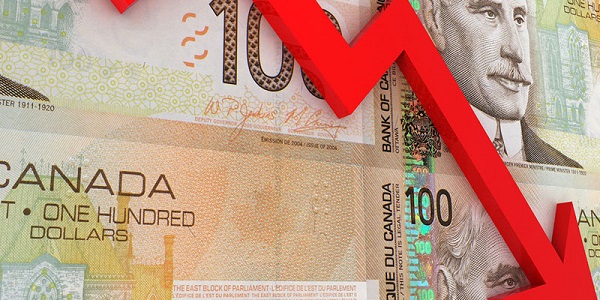
From the Fraser Institute
By Tegan Hill
According to the recent mid-year update tabled Thursday, the Smith government projects a $4.6 billion surplus in 2024/25, up from the $2.9 billion surplus projected just a few months ago. Despite the good news, Premier Smith must reduce spending to avoid budget deficits.
The fiscal update projects resource revenue of $20.3 billion in 2024/25. Today’s relatively high—but very volatile—resource revenue (including oil and gas royalties) is helping finance today’s spending and maintain a balanced budget. But it will not last forever.
For perspective, in just the last decade the Alberta government’s annual resource revenue has been as low as $2.8 billion (2015/16) and as high as $25.2 billion (2022/23).
And while the resource revenue rollercoaster is currently in Alberta’s favor, Finance Minister Nate Horner acknowledges that “risks are on the rise” as oil prices have dropped considerably and forecasters are projecting downward pressure on prices—all of which impacts resource revenue.
In fact, the government’s own estimates show a $1 change in oil prices results in an estimated $630 million revenue swing. So while the Smith government plans to maintain a surplus in 2024/25, a small change in oil prices could quickly plunge Alberta back into deficit. Premier Smith has warned that her government may fall into a budget deficit this fiscal year.
This should come as no surprise. Alberta’s been on the resource revenue rollercoaster for decades. Successive governments have increased spending during the good times of high resource revenue, but failed to rein in spending when resource revenues fell.
Previous research has shown that, in Alberta, a $1 increase in resource revenue is associated with an estimated 56-cent increase in program spending the following fiscal year (on a per-person, inflation-adjusted basis). However, a decline in resource revenue is not similarly associated with a reduction in program spending. This pattern has led to historically high levels of government spending—and budget deficits—even in more recent years.
Consider this: If this fiscal year the Smith government received an average level of resource revenue (based on levels over the last 10 years), it would receive approximately $13,000 per Albertan. Yet the government plans to spend nearly $15,000 per Albertan this fiscal year (after adjusting for inflation). That’s a huge gap of roughly $2,000—and it means the government is continuing to take big risks with the provincial budget.
Of course, if the government falls back into deficit there are implications for everyday Albertans.
When the government runs a deficit, it accumulates debt, which Albertans must pay to service. In 2024/25, the government’s debt interest payments will cost each Albertan nearly $650. That’s largely because, despite running surpluses over the last few years, Albertans are still paying for debt accumulated during the most recent string of deficits from 2008/09 to 2020/21 (excluding 2014/15), which only ended when the government enjoyed an unexpected windfall in resource revenue in 2021/22.
According to Thursday’s mid-year fiscal update, Alberta’s finances continue to be at risk. To avoid deficits, the Smith government should meaningfully reduce spending so that it’s aligned with more reliable, stable levels of revenue.
Author:
-

 Business2 days ago
Business2 days agoCBC’s business model is trapped in a very dark place
-
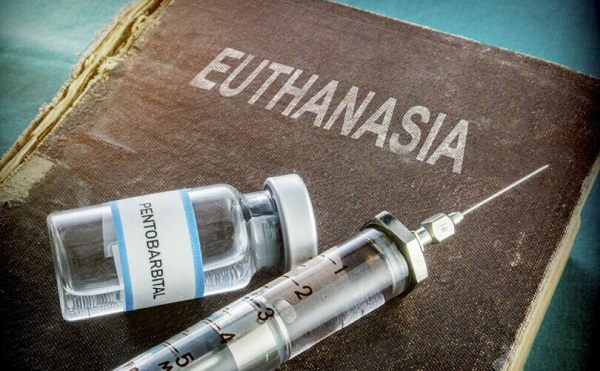
 Alberta2 days ago
Alberta2 days agoAlberta government announces review of Trudeau’s euthanasia regime
-
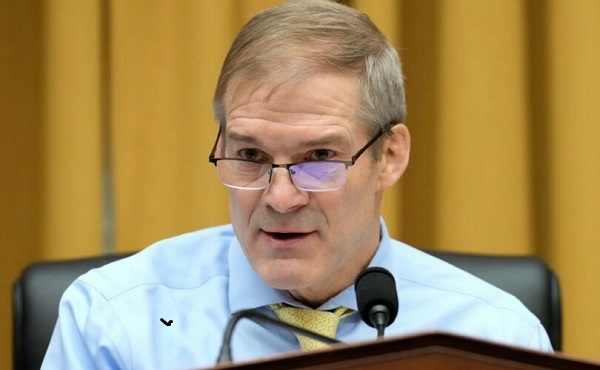
 Censorship Industrial Complex2 days ago
Censorship Industrial Complex2 days agoCongressional investigation into authors of ‘Disinformation Dozen’ intensifies
-

 Alberta2 days ago
Alberta2 days agoAlberta fiscal update: second quarter is outstanding, challenges ahead
-
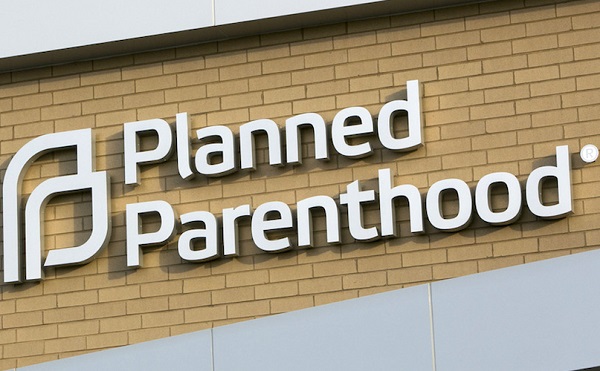
 Business2 days ago
Business2 days agoTrump’s government efficiency department plans to cut $500 Billion in unauthorized expenditures, including funding for Planned Parenthood
-

 Brownstone Institute19 hours ago
Brownstone Institute19 hours agoFirst Amendment Blues
-
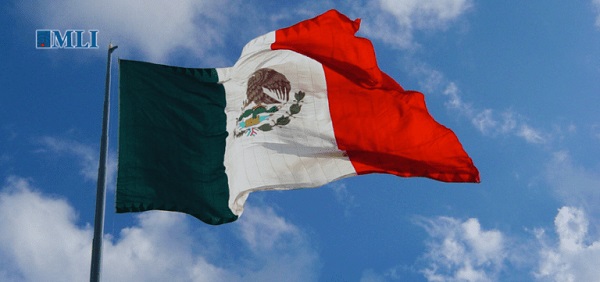
 Crime1 day ago
Crime1 day agoMexican cartels are a direct threat to Canada’s public safety, and the future of North American trade
-

 Business22 hours ago
Business22 hours agoDEI gone?: GOP lawmakers prep to clean house in federal government







